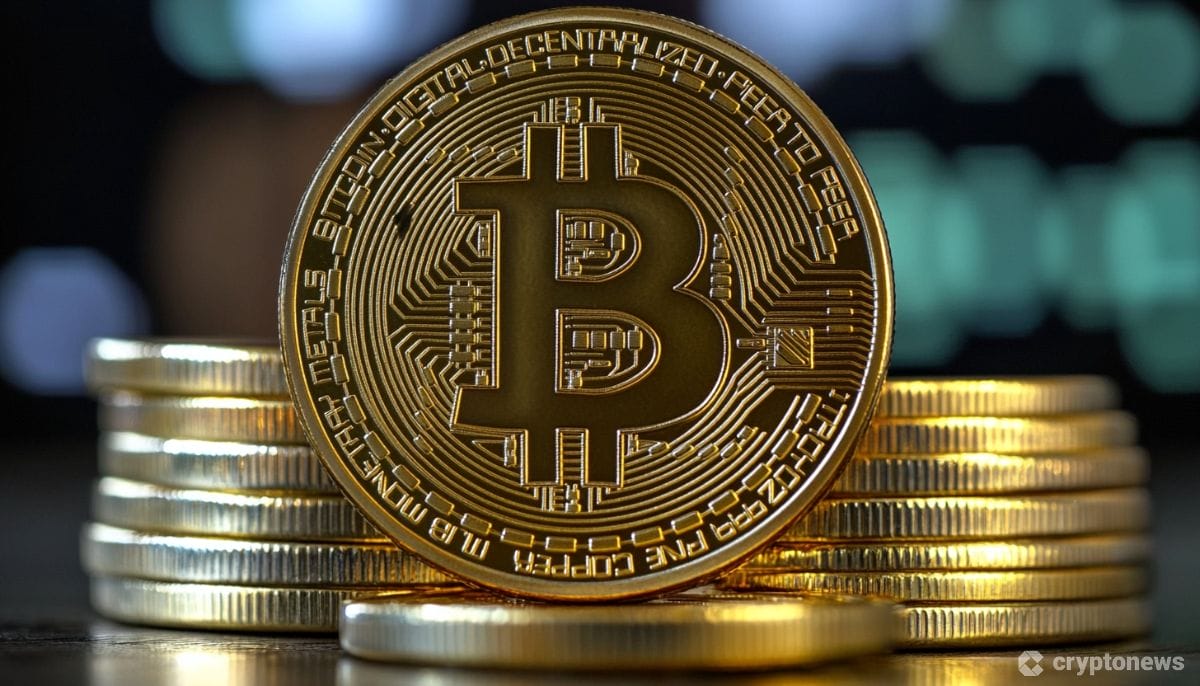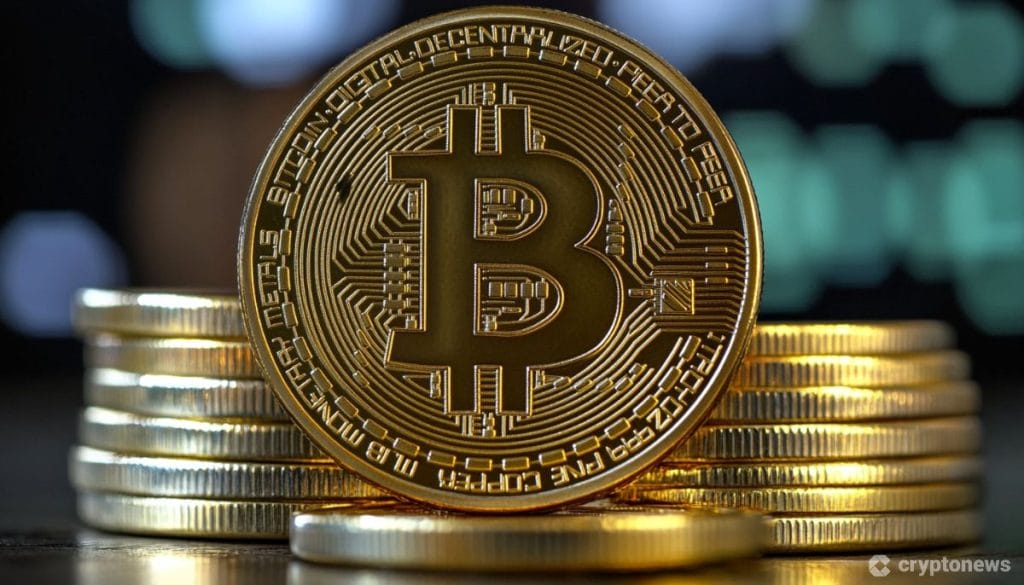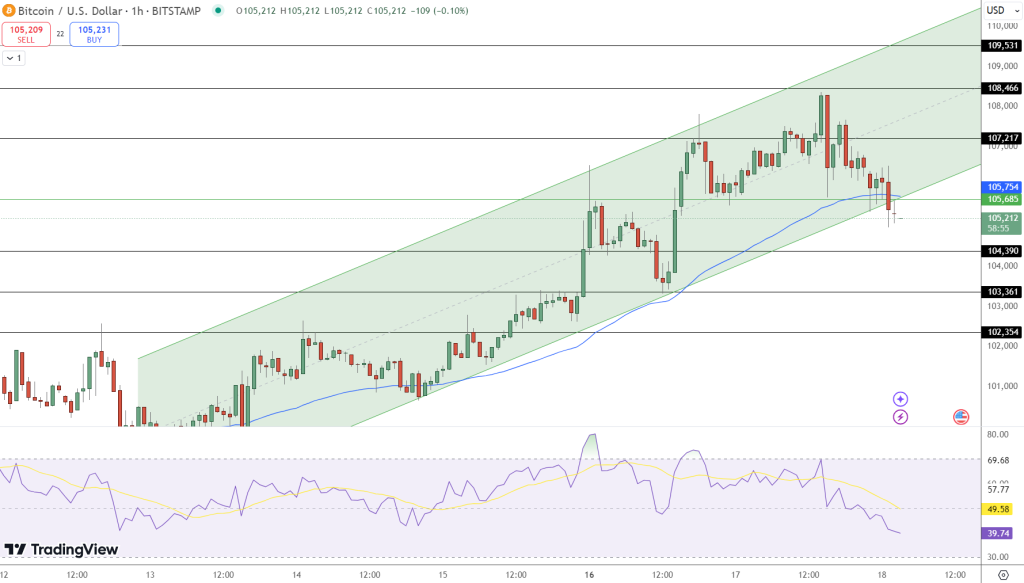Last updated:
 Why Trust Cryptonews
Why Trust Cryptonews

Kraken, a leading cryptocurrency exchange, launched its own wrapped bitcoin (BTC) token, known as kBTC, on October 17.
The company revealed that the token will be available on both the Ethereum and Optimism (OP) networks. It will be backed 1:1 with Bitcoin, ensuring BTC reserves fully support its value.
Kraken Launches Wrapped Bitcoin (kBTC): Is This the Key to Bitcoin’s DeFi Revolution?
Kraken’s new ERC-20 token is compatible with networks like Ethereum and OP Mainnet (formerly Optimism), giving Bitcoin greater interoperability in DeFi.
“With kBTC, we’re bringing the power of Bitcoin to new networks, underpinned by Kraken’s decade-long expertise in trust and security,” the exchange said in its statement.
The company said that the bitcoin will be held in a segregated wallet, and the address will be made public, allowing customers to verify that the BTC is fully reserved.
Kraken seeks to use kBTC to solidify Bitcoin’s role as the core of the cryptocurrency ecosystem, which empowers developers to create new use cases for Bitcoin in decentralized finance.
Kraken Financial, a Wyoming-chartered special purpose depository institution, securely holds the Bitcoin backing kBTC.
The exchange has provided an on-chain address where users can verify the reserves backing kBTC. Currently, the custody address holds 100 BTC, split between 80 kBTC on Ethereum and 20 kBTC on OP Mainnet.
Additionally, Kraken has taken seriously its security by having Trail of Bits audit the kBTC ERC-20 smart contract, a renowned security firm that has previously worked on high-profile projects like Worldcoin.
Kraken stated that the audit involved a comprehensive review of its codebase to identify and address potential vulnerabilities.
Kraken Launches kBTC to Enhance DeFi Accessibility Amidst Growing Competition
At launch, Kraken’s kBTC will be integrated into various prominent DeFi applications, with partners including Paraswap, Yearn, Curve, and Velodrome.
Despite this extensive ecosystem, Kraken confirmed that there will not be any spot markets for kBTC at launch. However, users who wish to utilize their Bitcoin can redeem kBTC for the underlying BTC and trade it as usual.
The minimum deposit for kBTC on Ethereum and Optimism networks is set at 0.00026 BTC, approximately $15, assuming a Bitcoin price of $60,000.
Kraken’s decision to support both networks opens up accessibility to DeFi for a broader audience, allowing smaller deposits and wider participation.
The company also plans to expand kBTC’s compatibility to non-Ethereum Virtual Machine (EVM) ecosystems.
Wrapped tokens like kBTC function by locking the underlying asset—in this case, Bitcoin—in a secure digital vault while a newly minted token is issued to be used on other blockchains. This allows non-native assets to be utilized across various blockchain networks.
For example, Bitcoin can be transacted on Ethereum through wrapped tokens like WBTC, which opens up access to decentralized applications that do not directly support Bitcoin.
Since its launch in 2019, Wrapped Bitcoin (WBTC) has become one of the largest wrapped cryptocurrencies, with a market cap close to $10 billion.
Kraken’s kBTC enters the market amid rising competition. Recently, BitGo, the custodian for WBTC, partnered with Tron founder Justin Sun, which has raised serious concerns about WBTC’s centralization.
In response, major exchanges like Coinbase have launched their own wrapped Bitcoin products. Last month, Coinbase introduced Coinbase Wrapped BTC (cbBTC) on the Ethereum and Base networks.



